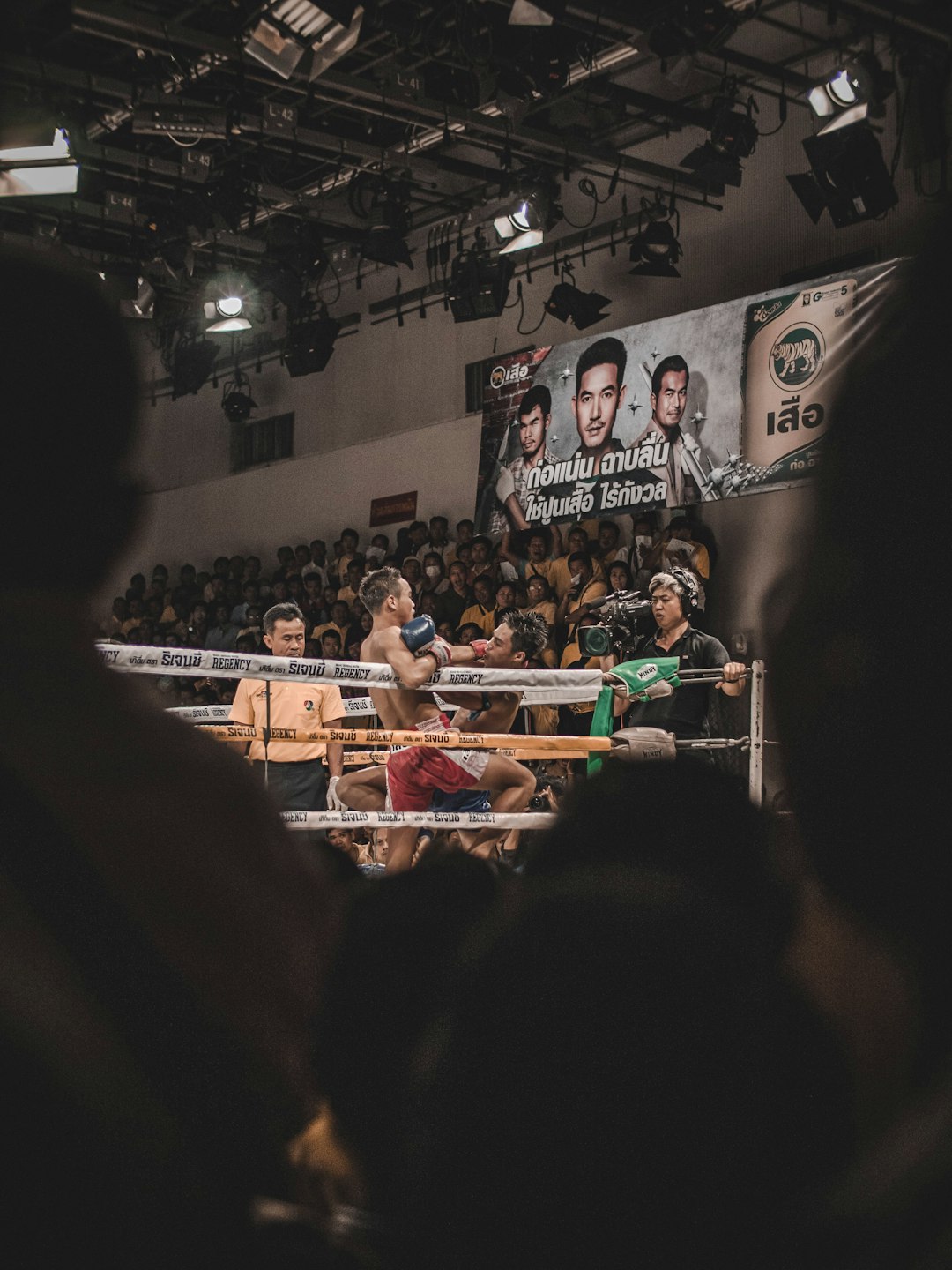With the meteoric rise of esports and mobile gaming, Brawl Stars has become one of the standout competitive titles on the scene. Developed by Supercell, this fast-paced, team-oriented shooter has captivated millions of players globally. For many, the journey doesn’t stop at casual play; instead, they dream of going pro. But making the jump from an amateur Brawler to a professional esports athlete is no small feat.
Whether you’re grinding ladder, dominating Power League, or analyzing pro play clips on YouTube, turning your passion into a profession requires more than just talent. Here’s a closer look at what it really takes to become a professional Brawl Stars player.
The Competitive Scene
Brawl Stars has built a robust competitive ecosystem, complete with regional qualifying events, monthly finals, and the global championship. The pillars of the professional scene are the Brawl Stars Championship and contracted esports organizations like STMN, Tribe Gaming, and ZETA DIVISION. These organizations scout the most skilled players from leaderboards and tournament circuits.

Going pro in Brawl Stars isn’t just about individual skill. It’s about synergy, communication, and game sense. Teams often consist of three main players and one substitute, and each player typically specializes in different roles like control, aggro, or support.
Steps to Becoming a Professional Player
For those looking to pursue a professional gaming career in Brawl Stars, here’s a simplified roadmap:
- Master the Game Mechanics: Know every brawler, map, and mode. Awareness of matchups, optimal builds, and meta shifts is crucial.
- Climb the Ladder: Rank high in Power League and global leaderboards. Consistent top-ranking performances signal potential to teams.
- Build a Network: Engage with the community. Join active Discord servers, subreddit discussions, and create content on platforms like Twitch or YouTube.
- Join or Form a Team: Start small with scrims and small tournaments. Over time, aim to qualify in championship challenges and third-party events.
- Study the Pros: Watch professional matches, analyze strategies, and adapt your gameplay based on what you learn.

Challenges You Might Face
Despite the allure of a professional gaming lifestyle, the road is filled with hurdles:
- Time Commitment: Practicing, scrimming, and studying gameplay takes hours every day.
- Burnout: Mental fatigue is common in high-pressure competitive environments, especially with constant meta changes.
- Team Dynamics: Building chemistry with teammates isn’t always easy. Poor communication can break even the most skilled teams.
- Financial Stability: Unlike traditional sports, not all pros earn a steady income—especially when starting out.
Nevertheless, with discipline, passion, and perseverance, success is attainable. The Brawl Stars community is incredibly active, and Supercell has continually supported its competitive scene with investment and visibility, giving aspiring players the platform they need to shine.
Final Thoughts
For those who truly enjoy the mechanics, strategy, and excitement of Brawl Stars, the pursuit of a pro career can be as rewarding as it is challenging. It’s not just about winning; it’s about learning, growing, and evolving with every match. If you’re ready to grind hard, work with others, and become a student of the game, the dream of playing Brawl Stars professionally could very well become your reality.
FAQ
-
Q: Do I need to be in a top-tier team to go pro?
A: No, but playing in a well-coordinated team increases your chances. Many pros start in lesser-known teams and work their way up. -
Q: Can I go pro while still in school?
A: Yes, but balancing school and gaming can be tough. Time management is key. -
Q: How much do professional Brawl Stars players earn?
A: Earnings vary. Top players in sponsored teams can earn salaries, prize money, and streaming revenue, but income depends on skill level and visibility. -
Q: What devices do pros use?
A: Most professional players use high-refresh rate tablets or smartphones with minimal input lag. -
Q: How often do pro players practice?
A: Many practice daily for several hours, split between team scrims, solo ladder play, and watching replays.